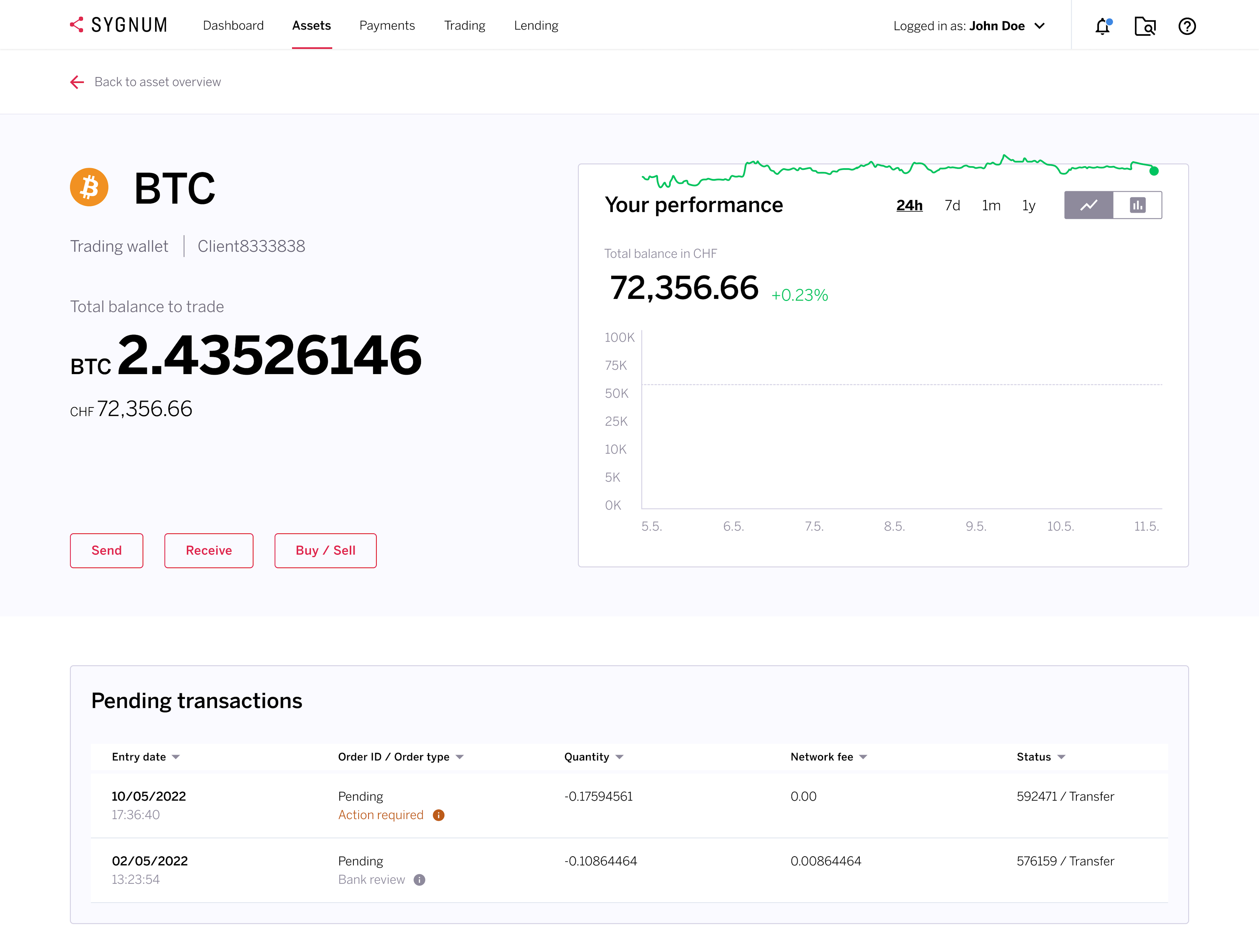
Thomson Reuters
Reading a lawyer's mind
Online searching is one of the most common activities of our lives. We are always searching: for new clothes, for food, for hotels, for an apartment. In many professions, searching is even an essential skill. Take lawyers, for example. For each new case, comparable cases are first sought. Smaller or even one-person law firms have a lack of capacity for that task. In order to simplify their search, Thompson Reuters (TR) has created Practical Law – the most comprehensive online archive of legal information.
Ginetta was commissioned to conduct a study to understand the psychology of search behavior, in order to optimize this tool.


Challenge
Not your typical user test
TR knew that a large number of users of Practical Law had a difficult time finding the right results. But they didn't know what the cause was. We assumed that the way the users performed the search was related to factors such as experience, jurisdiction, or type of firm. However, we lacked the picture of how users actually use the search bar. The need for the interviews was to capture the narratives of how users are approaching search and what their expectations are from Practical Law rather than the usability of Practical Law. To learn that, a user test in the usual sense was insufficient.
“Our foundational UX research revealed insights, serving as a compass for future design decisions, decoding the user’s unique thought processes.”
Solution
"How" instead "What"
We had to go a step further to try to understand the users' mental model: What kind and how many terms do they use? After how many times refining their search do they give up? Why are they searching the way they do? We combined different methods: To get a first picture, we did a quantitative search term analysis by taking a closer look. at what exactly was typed in the search bar. We extracted a random sample of search terms and collected them in an Excel file and divided them into categories. In a second step, we did a series of in-depth interviews with 15 legal professionals working in the US and the UK to better understand their mental models when searching for information.

Conclusion
A new base for success
Our research builds the basis for future design decisions for TR’s Practical Law. To move forward with the research findings we turned all challenges into “how might we” questions. For example, how might we make scanning the search results list even more effective and effortless? Or highlight and educate about correct legal terms in a certain topic domain?
By revealing new potentials and opportunities within Practical Law, TR was provided a basis to not only significantly increase customer satisfaction but also the chance to build on its long-term competitive advantage.

Project Facts
Market
B2B/B2C
Industry
Legal
Duration
2 months
Services
Research
Project Team

Marc
UX Research

Alexa
UX Research

Olga
Strategy

Silva
Client Partner

